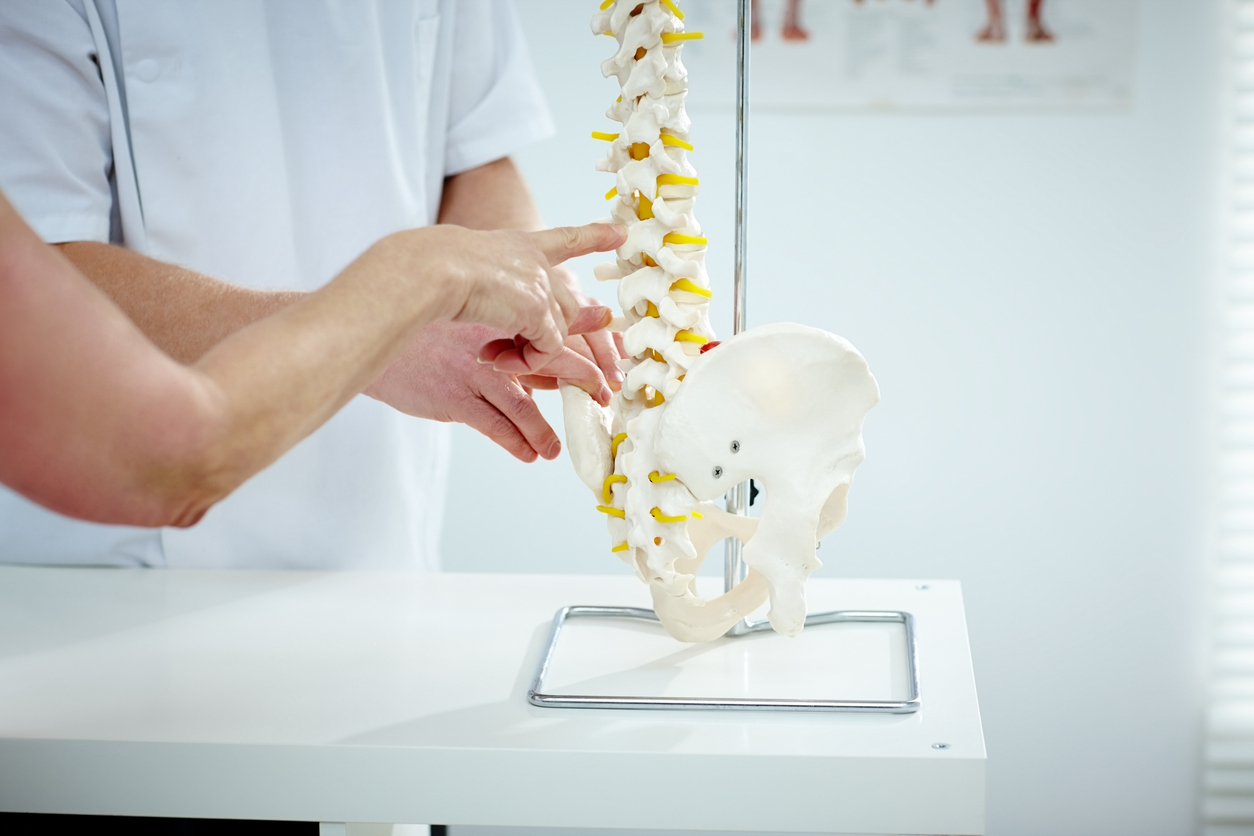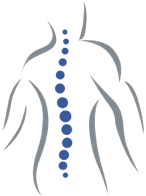
Like any medical procedure, spine surgery involves specific concerns and risks. While modern advancements have significantly reduced these risks, understanding them can help you make informed decisions about your care. With the right information, preparation, and surgical team, you can confidently approach the process. Below, Progressive Spine & Orthopaedics explores key factors to consider when facing spine surgery and why our practice, led by award-winning spine surgeon Dr. Joshua S. Rovner, is the premier choice for patients in New Jersey and beyond.
Safety Concerns
Safety is one of the most common concerns for our patients considering spine surgery, and understandably so. The spine is a critical structure in the body, housing the spinal cord and nerves that control movement and sensation throughout the body.
Common Risks Patients Worry About
- Infections: Post-surgical infections can occur at the incision site or deeper in the surgical area, potentially requiring additional treatments such as antibiotics or, in severe cases, further surgery. Maintaining a sterile environment during the procedure and careful post-operative care are essential to minimizing this risk.
- Nerve Damage: The spine is surrounded by a complex nerve network that controls critical functions. Any error during surgery could lead to numbness, weakness, or even loss of function in certain body parts.
- Paralysis: Although extremely rare (with the risk typically under 1%), paralysis is a fear for many patients, especially when surgery involves areas of the spine close to the spinal cord.
Factors That Influence Safety
Which procedure is performed, the condition's complexity and the surgeon's expertise are crucial to spine surgery safety. Patients are encouraged to discuss their risks with Dr. Rovner, who provides detailed explanations of potential complications and the measures taken to mitigate them, ensuring you feel informed and confident in your care.
Recovery Time
The recovery period after spine surgery varies based on the procedure and the patient's health. Traditional open surgery often leads to lengthy rehabilitation, with patients facing mobility limitations, discomfort, and restrictions on daily activities, which can be frustrating.
Challenges During Recovery
- Extended Downtime: Traditional open surgeries often require significant muscle dissection, leading to more post-operative pain and slower healing. Patients may need to take extended time off work and limit their daily activities for an extended period.
- Physical Therapy Requirements: Recovery frequently involves rigorous physical therapy to rebuild strength and flexibility in the back and neck. This process can be demanding and time-consuming, with progress often measured in small, incremental improvements.
- Risk of Complications: Prolonged recovery times can increase the likelihood of complications such as blood clots, infections, or improper healing.
Patient Expectations
Patients must prepare mentally and physically for the demands of recovery. While minimally invasive techniques have shortened recovery periods for many procedures, even these require a commitment to rehabilitation and lifestyle adjustments during the healing process.
Outcome Uncertainty
The choice to have spine surgery is mainly to relieve chronic pain and enhance quality of life. Outcomes vary among patients, and surgery doesn’t always ensure complete symptom relief. While spine surgery effectively addresses structural problems like herniated discs, the pain relief and improved mobility levels you experience depend on various factors.
Concerns About Outcomes
- Incomplete Pain Relief: While many patients experience significant improvements, some may still have residual pain after surgery. This can happen if the surgery addresses one source of pain but other issues, such as nerve damage or unrelated conditions, persist.
- Recurrent Symptoms: Some symptoms may return months or years after surgery due to factors like degenerative changes or new injuries. This can be disheartening for patients who hope for long-term resolution.
- Limitations in Mobility: Some patients may find that while their pain has improved, they still face challenges with flexibility or movement, especially after procedures like spinal fusion, which limit motion in certain parts of the spine.
Staying Realistic
At Progressive Spine & Orthopaedics, we prioritize patient education, ensuring you work closely with Dr. Rovner to understand the likely outcomes of your procedure based on your unique condition and overall health. Our comprehensive approach includes personalized recovery plans and regular follow-ups designed to help you maximize your results, track your progress, and address any concerns along the way so you can confidently navigate your journey to better health.
Why Choose Progressive Spine & Orthopaedics?
When it comes to spine surgery, choosing the right provider is critical. Here’s what sets us apart:
- We’re led by Dr. Joshua S. Rovner, a board-certified orthopedic and spine surgeon known for his expertise in minimally invasive and robotic spinal surgery in New Jersey. He effectively treats conditions like herniated discs and complex deformities, ensuring exceptional results.
- Utilizing the Mazor Robotics System and advanced imaging, Dr. Rovner creates detailed surgical plans that enhance accuracy and minimize risks, promoting faster recoveries. Our focus on minimally invasive techniques reduces muscle disruption and blood loss, allowing patients to return to their active lifestyles quickly.
Take the First Step Toward Pain Relief
Choosing spine surgery is a significant decision, but with the right team, it can transform your life. At Progressive Spine & Orthopaedics, we are committed to delivering the safest, most advanced treatments to help you regain mobility and live pain-free.
Contact us today to book your consultation and take the first step toward a brighter, more active future.
